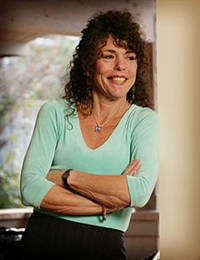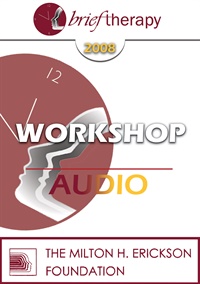BT08 Workshop 22 - The Sex-Starved Marriage - Michele Weiner-Davis, MSW
- Average Rating:
- Not yet rated
- Topic Areas:
- Workshops | Marriage | Sex and Sexuality
- Categories:
- Brief Therapy Conference | Brief Therapy Conference 2008 | Pioneers in Couples and Family Therapy
- Faculty:
- Michele Weiner-Davis, LCSW
- Duration:
- 1:59:59
- Format:
- Audio Only
- Original Program Date:
- Dec 12, 2008
- License:
- Never Expires.
Description
Description: This workshop offers practical guidance for therapists working with couples facing desire discrepancies, sexless marriages, and infidelity. Drawing from research and decades of clinical experience, it explores how low sexual desire stems from biological, relational, and psychological factors—and how arousal can often precede desire. Emphasis is placed on empathy, accountability, and clear communication as foundations for restoring intimacy and rebuilding trust.
Syllabus Description: One in three couples experience a sexual desire gap, a difference leads to infidelity or divorce. Additionally, the compelling statistic that one out of ten couples has a sexless marriage makes it apparent why so many couples are losing touch. Learn how to help couples bring passion back into marriage. Also, learn how to help couples heal from infidelity.
Educational Objectives:
- To describe three methods for bridging the sexual desire gap.
- To describe three techniques for healing from infidelity.
*Sessions may be edited for content and to preserve confidentiality*
Credits
Handouts
| Timestamped Transcript (853.8 KB) | 19 Pages | Available after Purchase |
| Ericksonian Learning Snapshot (246.4 KB) | 2 Pages | Available after Purchase |
Faculty

Michele Weiner-Davis, LCSW Related Seminars and Products
Michele Weiner-Davis, LCSW is the Founder of The Divorce Busting Center in Boulder, Colorado. She is a popular TEDx speaker and the author of eight books including, Healing From Infidelity, and the bestselling Divorce Busting and The Sex-Starved Marriage. She is the recipient of several prestigious awards including the Outstanding Contribution to Marriage and Family Therapy Award from AAMFT.


